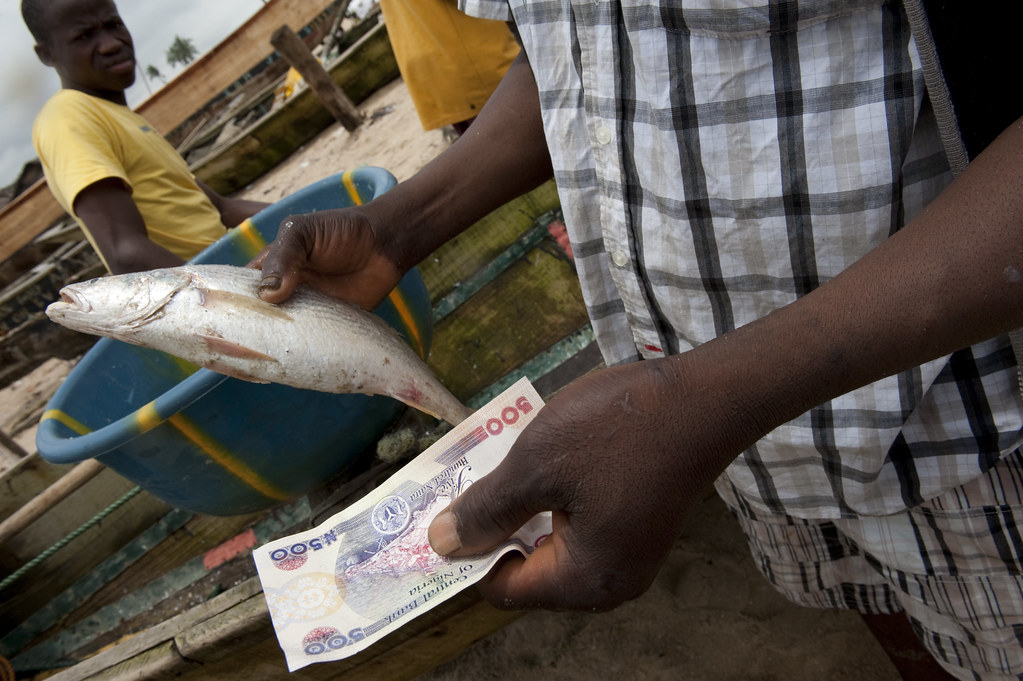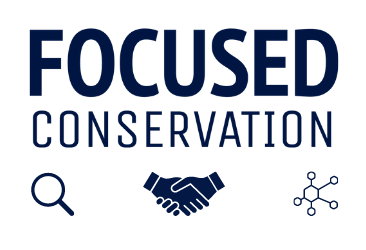At their meeting this week, the G7 Finance Ministers and Central Bank Governors should endorse the adoption of global beneficial ownership registries to help end illegal, unreported, and unregulated (IUU) fishing and other forms of environmental crime that are enabled by complex corporate structures.
In an unprecedented year for climate action, the G7’s work can provide the necessary bridge between COP26’s focus on divestment and licit finance, and the need to target illicit financial flows connected to environmental crime and blatant corporate abuse. Nowhere is the latter more evident than in the global fishing industry, where complex corporate structures enable companies to systematically exploit forced labour, corruption, tax evasion and fraud to make their margins and hide their ultimate beneficial owners.
Fortunately, there is already strong support for marrying the two agendas. The G7 Climate and Environment Ministers’ Communiqué released on 21st May 2021 welcomed ‘discussions by Finance Ministers on strengthening beneficial ownership transparency to better tackle the illicit financial flows stemming from illegal wildlife trade [IWT] and other illicit threats to nature.’
The same statement also commended the Financial Action Task Force’s (FATF) recent focus on environmental crime. Indeed, the FATF’s June 2020 IWT report was instrumental in dispelling the myth that the profits of wildlife trafficking are moved solely in cash, highlighting multiple instances in which the widespread use of shell and front companies enabled the import and export of endangered wildlife products, as well as the laundering or co-mingling of associated products. This summer, the FATF will publish a further study focused on illegal mining, waste trafficking, and the illegal timber trade, and ask countries to report back on the number of financial investigations they have undertaken in IWT cases over the past 12 months.
Notwithstanding the critical importance of this work, it is clear that IUU fishing is currently missing from the ‘environmental crime’ agenda. IUU fishing receives comparatively little airtime compared to IWT, despite the abundance of evidencedetailing the devastating social, political, and environmental harm it causes, and documentation illustrating that international fishing companies are exploiting complex company structures to facilitate IUU fishing operations.
IUU fishing is the third most lucrative natural resource crime
The value generated from IUU fishing is estimated to be between $10 billion and $36.4 billion annually, making it the third most lucrative natural resource crime following timber and mining. Companies and their owners are able to engage in IUU fishing by deliberately exploiting low transparency and using complex, cross-jurisdictional corporate structures to mask the links between their ultimate beneficial owners and the illegal activities they sponsor. These complex corporate structures disguise a range of illegal fishing and broader legal violations, including illegal access to fishing quotas and vessel authorizations, document forgery, vessel identity fraud, forced labor, crew labour abuses, and tax evasion.
The consequences of low transparency and a lack of accountability in the global fishing sector extend beyond jeopardizing the sustainability of global fisheries. Complex and opaque ownership structures also enable the integration of IUU catch into global seafood supply chains, corroding the legitimacy of international legal frameworks and trust in the legality of global seafood supply chains. Additionally, these vulnerabilities undermine the economic and food security of communities and facilitate the extortion of revenue from states through tax evasion and customs fraud. Critically, they also facilitate the continued exploitation and forced labour of migrant laborers working within the fishing sector.
Perhaps even more so than with IWT, the absence of adequate transparency surrounding the beneficial ownership of fishing operations makes the investigation and successful prosecution of violations by fishing operators using complex company structures extremely difficult. Enforcing penalties that actually target those who are responsible can be almost impossible. As a result, the vast majority of illegal fishing prosecutions end up focusing on the vessel and rarely, if ever, are able to target the individuals behind the operation. To remedy this, IUU fishing should be addressed through cross-jurisdictional investigations, laws, and regulations that take into account the true owners behind illegal fishing operations and vessels.
Beneficial ownership and IUU fishing
Being able to identify the ultimate beneficial owner of fishing vessels and fleets is therefore critical to effective regulation and enforcement of the fishing industry, and will strengthen the ability of relevant authorities to crack down on IUU fishing, its related crimes, and their consequences. The Pew Charitable Trusts, Trygg Mat Tracking (TMT), and the Center for Advanced Defense Studies (C4ADS) are currently collaborating to better understand ultimate beneficial ownership as it pertains to the fishing sector specifically.
Our research to date finds that beneficial ownership in a fisheries context is both inconsistently defined and regulated across regional and state jurisdictions. Even where it is defined and/or reported, beneficial ownership information is often very difficult to access for those investigating IUU fishing cases. As a result, even in those countries with the highest reporting and transparency standards for beneficial ownership of fishing vessels, corrupt actors are still able to exploit systemic loopholes.
The outcome of that research aims to facilitate policy and regulatory changes by States, Regional Fishery Management Organizations (RFMOs), and other cross-jurisdictional stakeholders to collectively implement an industry standard of beneficial ownership reporting for vessels which incorporates existing anti-money laundering requirements. Recognising that there are multiple models for beneficial ownership registries, we are seeking to increase the instances in which true beneficial owners are reported, from vessel registration documents, to the issuance of fishing licenses, to the disclosing of vessels as assets by companies engaged in fishing operations. We also hope to promote and assist the sharing of beneficial ownership information between States to enable quick legal remediation of IUU fishing cases, as well as making more of that information available to industry and the general public.
If we are to ‘Build Back Better’ after the pandemic, G7 Finance Ministers and Central Bank Governors must help turn the tide against environmental crime carried out through complex and opaque corporate structures, particularly IUU fishing. With the FATF global recommendations on beneficial ownership transparency also under review this year, a significant window of opportunity has opened to change the rules of the game.
Alexandria Reid (RUSI), Jessa Rose Dury-Agri (C4ADS), Austin Brush (C4ADS), and Duncan Copeland (TMT).
Main image credit: World Bank, via Flickr.
The views expressed in this article are those of the authors and do not necessarily reflect the views of RUSI or any other organisation.


